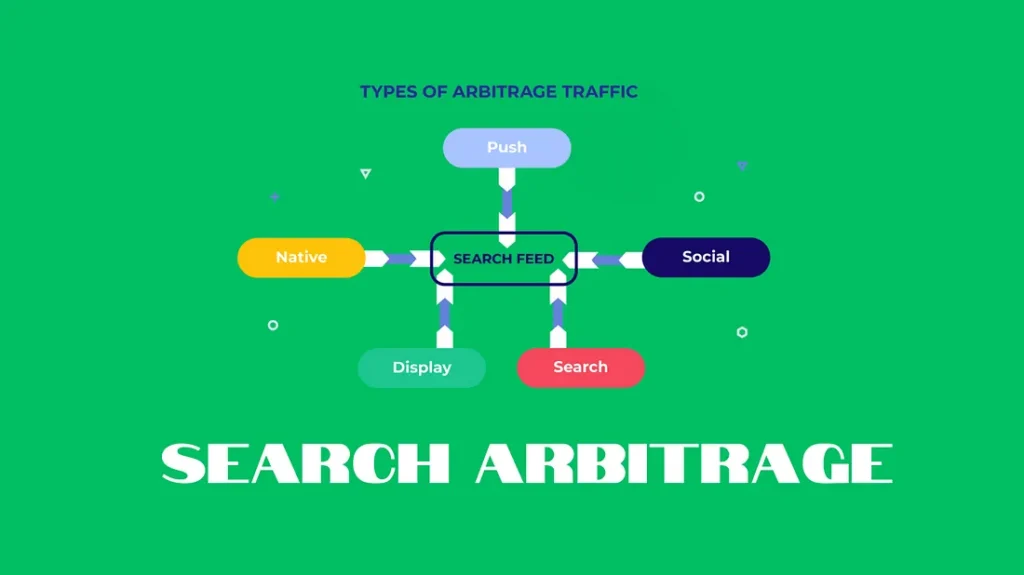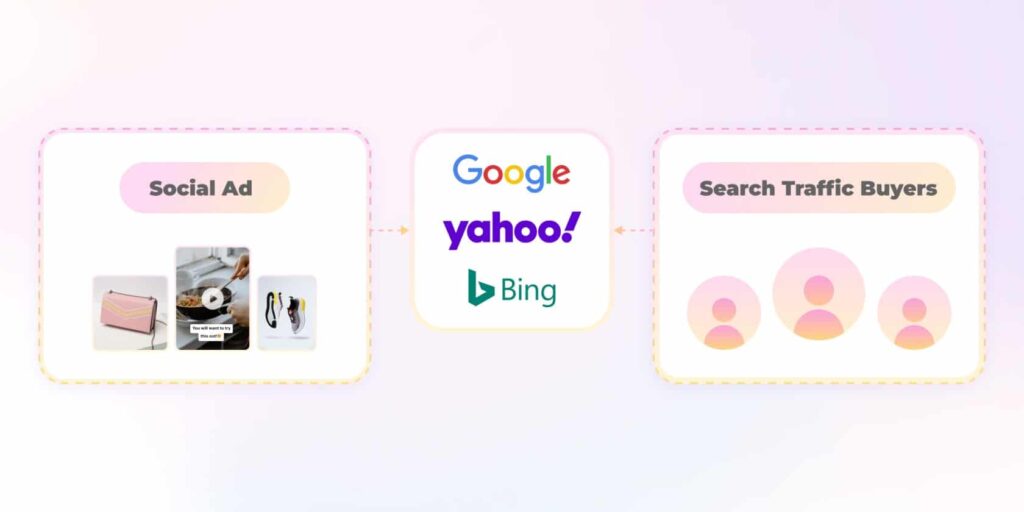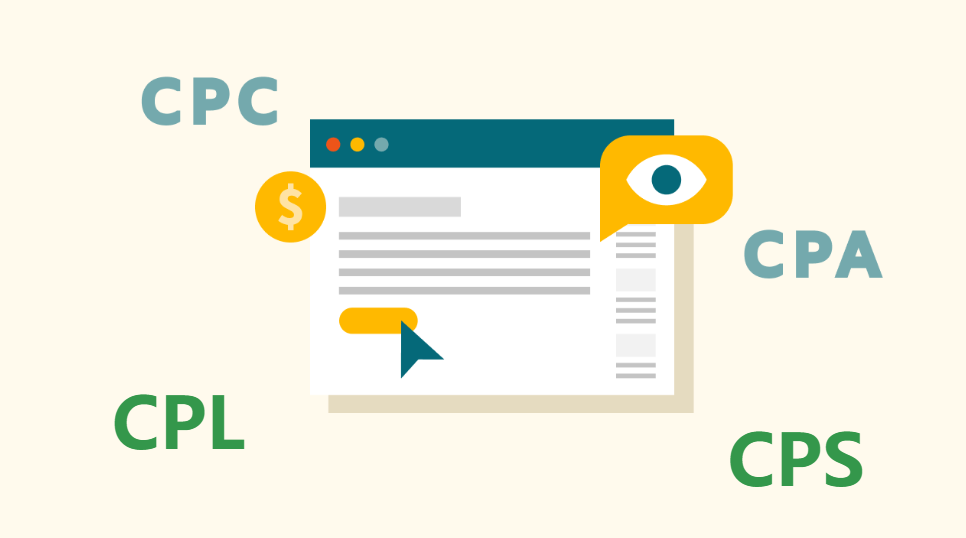In the digital marketing landscape, search feed monetization stands as a pivotal strategy for publishers aiming to leverage the vast potential of search-driven traffic. This comprehensive guide delves into the mechanisms, strategies, and nuances of effectively monetizing search feeds, ensuring that your digital assets not only attract substantial traffic but also convert that traffic into sustainable revenue.
Table of Contents
Understanding Search Feed Monetization
Search feed monetization involves integrating search engine functionalities into your websites or digital platforms, where you earn revenue through user interactions such as clicks on displayed ads. These search feeds typically pull contextual advertisements based on the user’s search queries directly into your content, aligning with their specific interests and search intentions.
The Mechanics of Search Feeds
The core of search feed monetization rests on displaying targeted advertisements that resonate with the user’s current search intent. When a user enters a query on your site, the search feed algorithm instantly generates and displays relevant ads from advertisers who bid for such placements. This real-time bidding system ensures that the ads are not only relevant but also hold the highest potential for revenue per click.
Optimizing Your Site for Search Feeds
To effectively capitalize on search feeds, it is crucial to optimize your website’s layout, content, and user experience. User Engagement is paramount; a site designed to keep users engaged longer will inherently perform better in terms of ad interactions. Here are key areas to focus on:
- Site Speed: Enhance your website’s loading times to reduce bounce rates. Faster sites retain users longer, increasing the likelihood of ad interactions.
- User Experience (UX): A seamless, intuitive site navigation structure encourages deeper exploration of your site, increasing the exposure to strategically placed search ads.
- Quality Content: High-quality, relevant content attracts more visitors and keeps them engaged. Content that answers user queries comprehensively tends to rank higher and retain visitors longer, providing more opportunities for monetization.
Advanced Strategies for Maximizing Revenue
Beyond basic optimization, employing advanced strategies can significantly boost your search feed monetization efforts:
- Keyword Optimization: Conduct thorough keyword research to understand what your audience is searching for and tailor your content to meet these needs. Optimal keyword inclusion helps your search feeds display more relevant ads, potentially increasing click-through rates.
- A/B Testing: Regularly test different layouts and ad placements to find the most effective setup for your audience. Small changes can sometimes lead to significant improvements in ad performance.
- Ad Quality and Filtering: Partner with search feed providers that offer high-quality, relevant ads. Poor ad quality can detract from user experience and reduce your site’s credibility.
- Mobile Optimization: With the increasing prevalence of mobile browsing, ensure that your mobile site is fully optimized for search feeds, as user behavior on mobile can differ significantly from desktop.
Leveraging Analytics for Continued Success
Monitoring your search feed performance through analytics is essential. Use data analytics tools to track which ads perform best and identify user behavior patterns. Insights gained can inform continuous improvements in your strategy, from adjusting keyword focus to reshaping ad placements and beyond.
Future Trends in Search Feed Monetization
As technology evolves, so too do the opportunities in search feed monetization. Emerging technologies such as AI and machine learning are beginning to play a significant role in how search feeds are managed and optimized. These technologies can analyze vast amounts of data to predict user behavior and optimize ad placements dynamically, potentially increasing revenue opportunities.
Conclusion
Effectively monetizing search feeds requires a combination of strategic planning, ongoing optimization, and a keen understanding of digital marketing dynamics. By focusing on user engagement, leveraging advanced optimization strategies, and staying abreast of technological advancements, publishers can significantly enhance their revenue generation from search feeds.
By employing these detailed strategies and insights, your website can transform into a robust platform for generating revenue through targeted, search-driven advertising.







